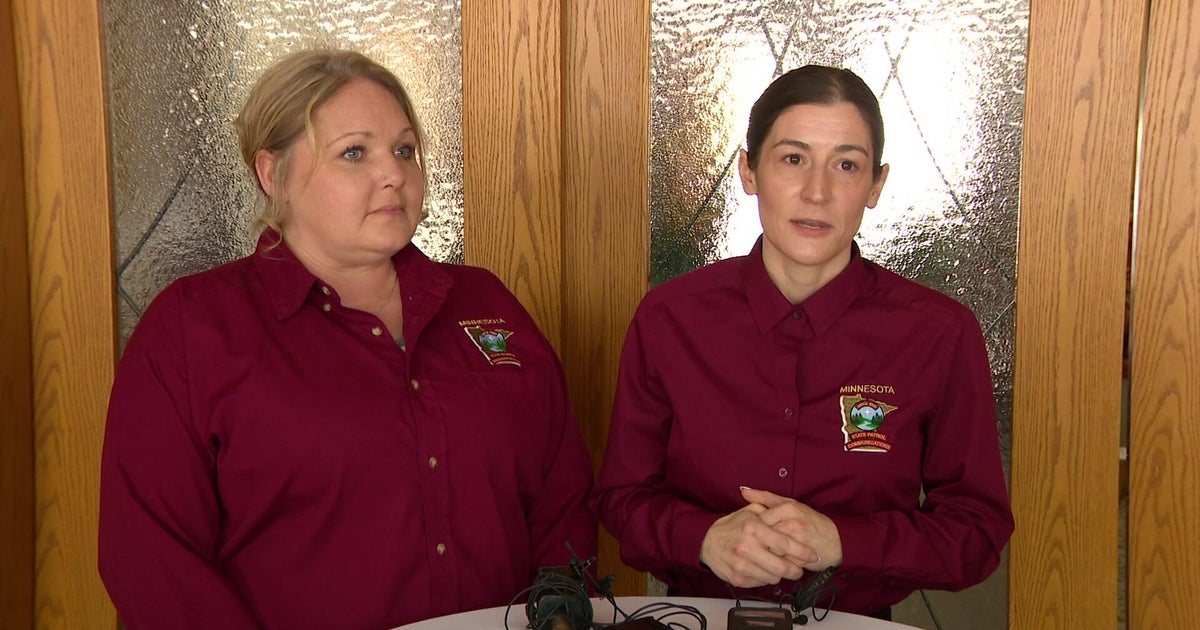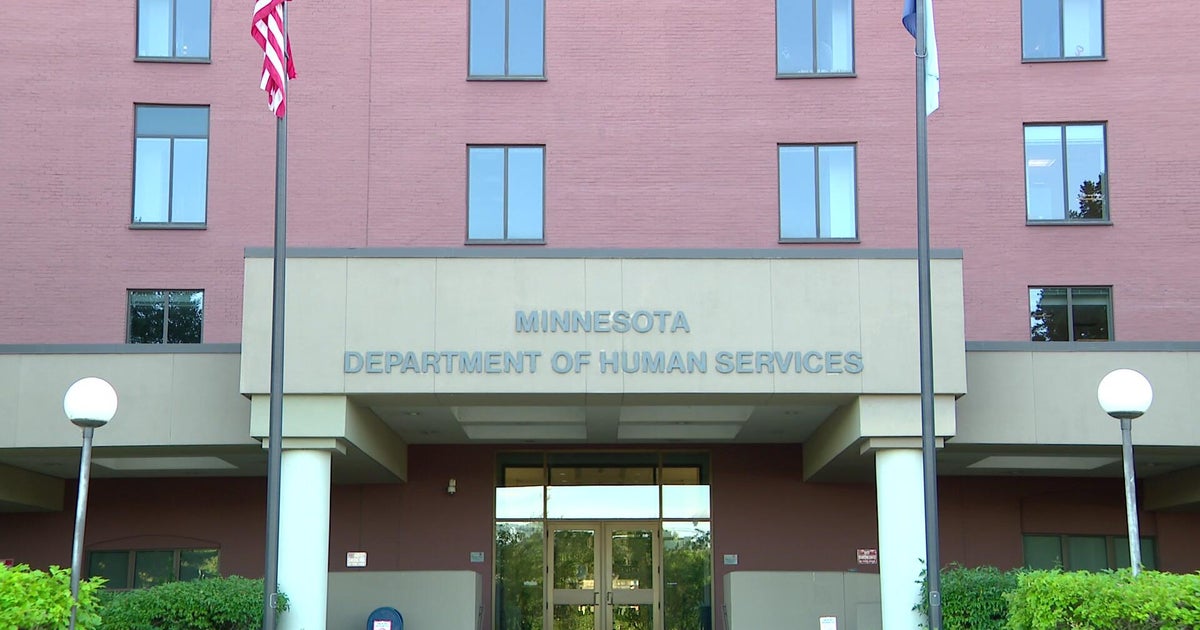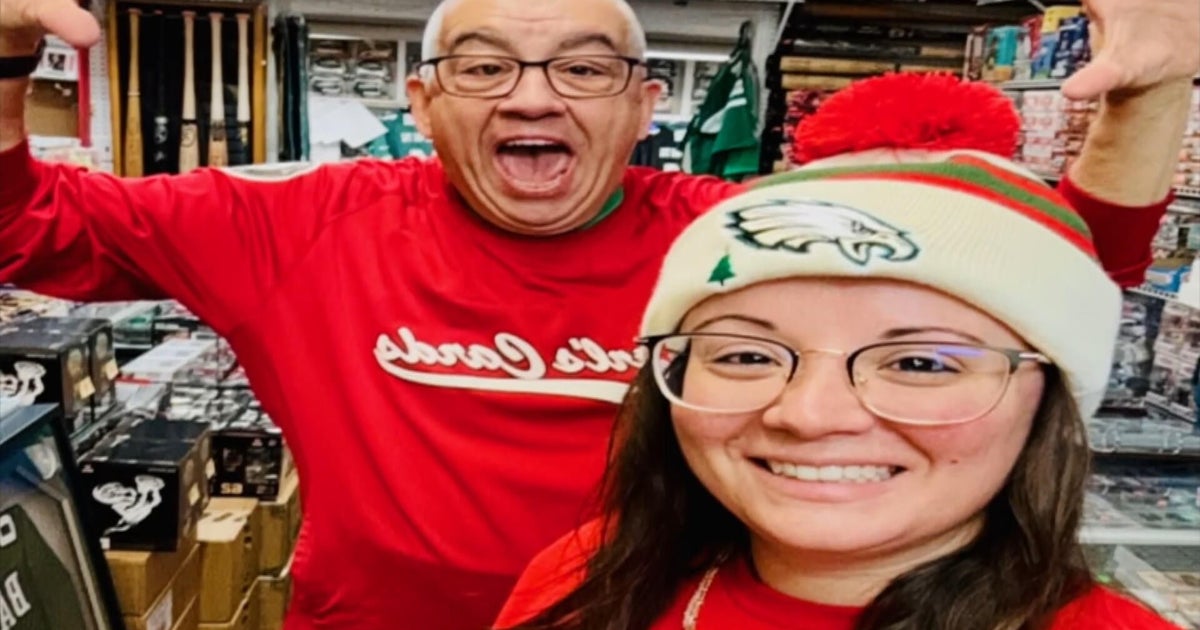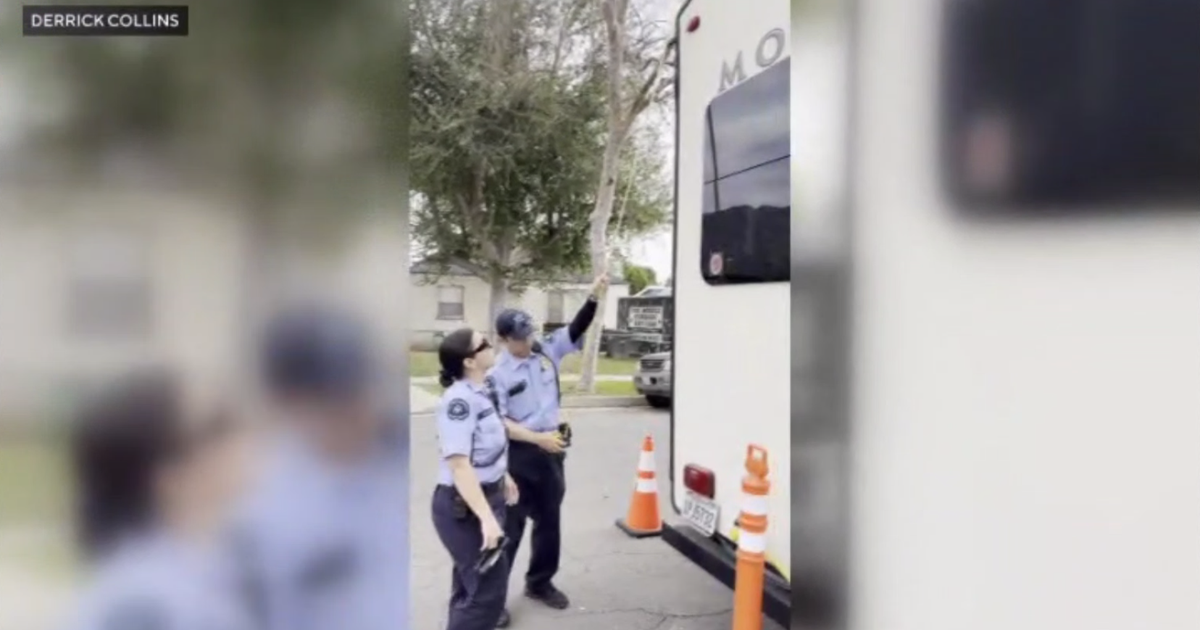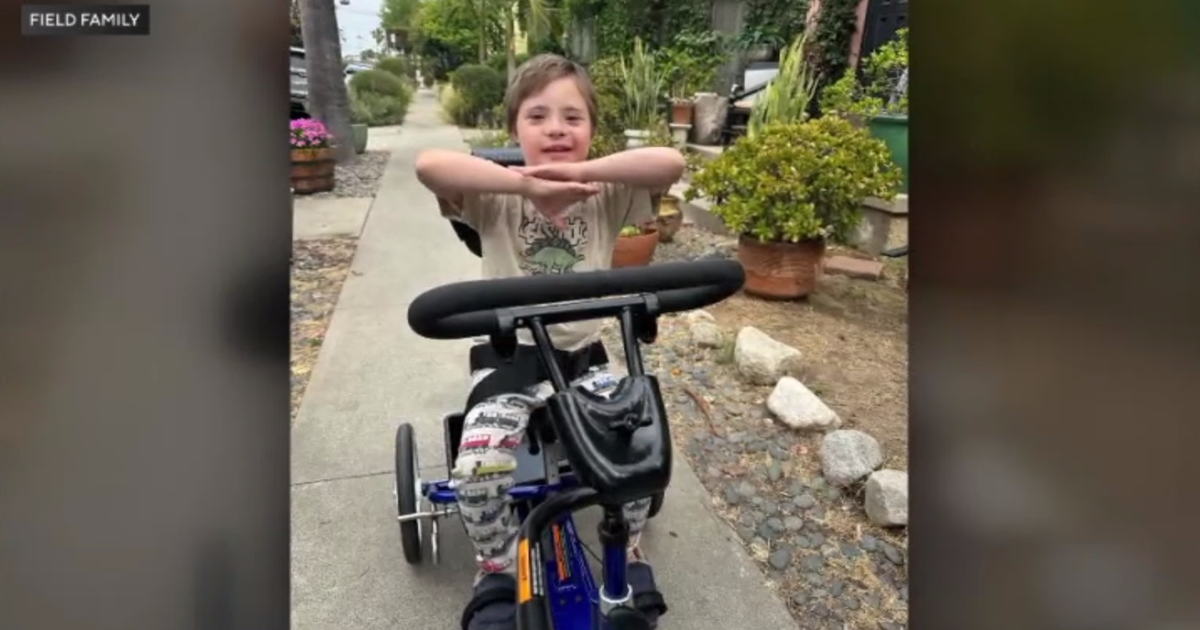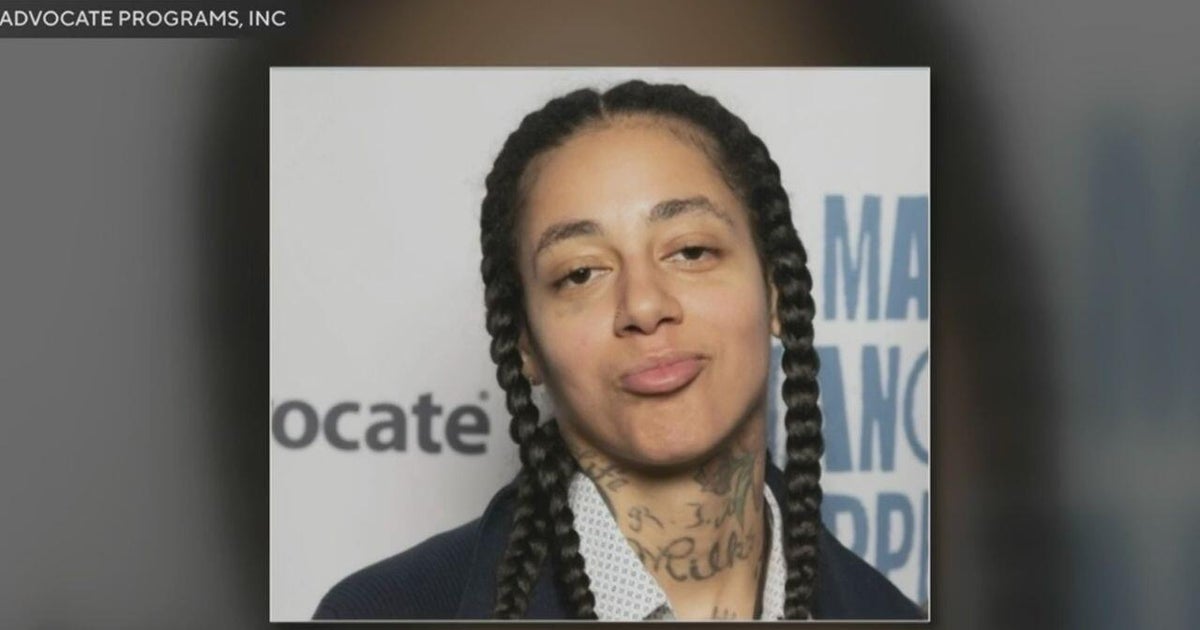"Widow Maker" Detector Saving Lives Through Sound
MIAMI (CBS4) - Heart disease is the number one killer of men and women in the United States, and more than 1,100 people die from it each day. So what if there was an easy way to spot trouble before it struck?
Marie Johnson's invention does that and it could save lives - all because she listened to her heart.
Her rustic retreat at the end of a dirt road outside of Northfield, Minn., is just about the last place you'd think would be home to a medical breakthrough. But a garage startup is where Johnson bypasses the business world.
"I believe we are going to save a lot of lives, reduce the number of widows and widowers, and little kids that don't get to grow up with their father or mother. That's my goal," Johnson said.
Johnson, 44, has spent the past decade developing a handheld device that can quickly detect heart blockages.
Her company, AUM Cardiovascular, is about to launch FDA trials, which is a bright outlook for an invention born from one of life's darkest moments.
Johnson didn't know it, but her project began just before she and her husband, Rob, were about to have their second child.
"I just said to him, 'I have this feeling that you are going to die and leave me with this baby,'" Johnson said.
Johnson is a biomedical engineer, and science soon supported her premonition.
"I was doing this project with the 3M Company to develop a computerized stethoscope, and I recorded all this information from him and discovered he had an anomaly," she said.
Rob went to his doctor, but aced a stress test.
Nine months later, Johnson went to the YMCA to meet him for his usual workout.
"There was an ambulance, and a body with a white sheet. And I turned to my daughter, who was 4 and said, 'We have to pray, because someone has died here today,'" Johnson said.
In that parking lot, police would tell Johnson she was a widow.
"I mean, honestly, the whole world was spinning, and I just, just didn't believe it," she said.
An autopsy showed a heart attack in Rob's left anterior descending artery, commonly called "The Widow Maker," because a blockage there usually causes sudden death.
In her research, Johnson knew she heard something in her husband's heart. That's when she listened closer.
"I remember sitting at my desk at 3 o'clock in the morning, all the lights were off, I just had the glow of my computer screen," she said. "And I could hear God whisper."
Faith helped her form an algorithm that could pinpoint heart problems through sound.
Johnson said just as you hear water rushing past rocks in a stream, the sound of blood rushing past a blockage is audible too, and her device picks up that current.
"It listens to patients in a different way," she said. "Sensors pick up turbulence in a narrowing artery."
Johnson named her device the CADence. The device fits it the palm of the hand and it takes measurements at four different places on the chest, which takes around two minutes. The information is then downloaded and analyzed.
Cardiologists believe the CADence could change the way they practice.
University of Minnesota Chief Cardiologist Dr. Bob Wilson said the CADence shows promise of replacing a treadmill stress test, because it's easier and cheaper. He also said that its impact on medicine could be global.
"I would hope they start using it in the university emergency room, tomorrow," he said.
Wilson became Johnson's principle investigator.
"It's completely one of those 'aha!' moments that you have," he said.
Steve Kiemele, a Fargo venture capitalist and CFO of Linn Grove Ventures, says he's more interested in the faith side of the story. He agreed to be one of Johnson's three test subjects.
However, when his test results came in, they were quite concerning.
"The look on her face suggested…that [I] should see a doctor," he said.
So he went and the doctor did a stress test, which turned up nothing. Not convinced - especially in light of what happened to Johnson's husband, Kiemele asked his doctor for a CT scan.
Kiemele said the scan confirmed he had an issue in his left anterior descending artery (aka The Widow Maker).
He says his life was saved by divine intervention.
Johnson said God has been with her throughout her project.
"I know that we were supposed to do this," she said.
Her husband only lived to be 41-years-old, but she thinks her invention will keep thousands of families together.
"I think he'd be proud," she said.
In 2011, AUM Cardiovascular took the top $50,000 prize at the Minnesota Cup entrepreneurial competition, which called AUM the most promising company in Minnesota. Johnson's company beat out more than 1,000 participants.
She left her faculty position at the University of Minnesota's Medical Device Fellows Program in 2009 to pursue her business full time, and is now remarried.
"It's joy, just remembering what a special guy he was," she said.
AUM Cardiology will begin clinical trials on the CADence across the country in June. Johnson says her device could hit the market by October 2013, pending FDA approval.
Necessity may be the mother of invention, but at the heart of Johnson's work, love is the lifeblood.

